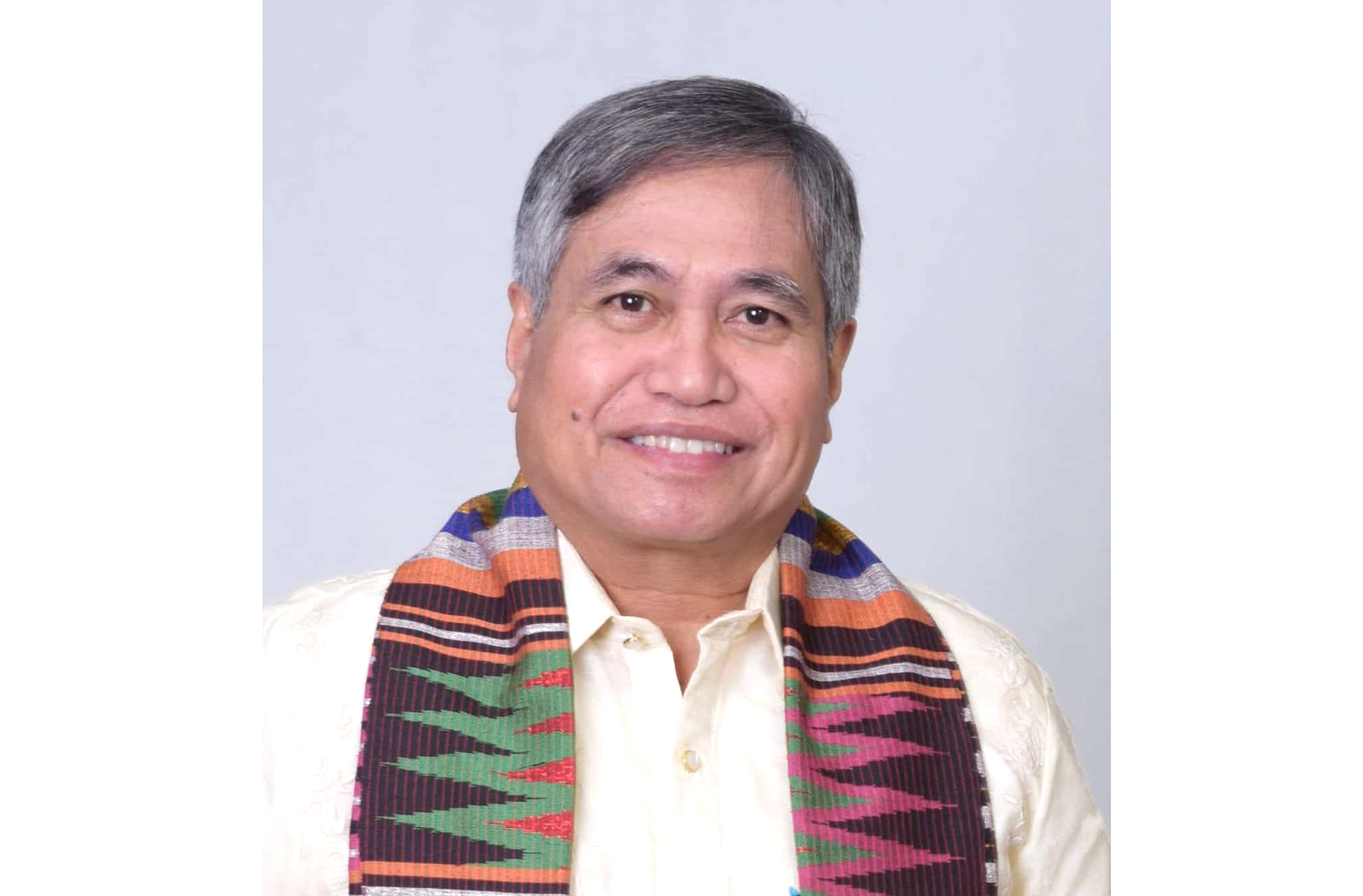FROM THE MARGINS

It has been weeks since I met with the Filipino community in Bahrain, but until now, their warm welcome and inspiring stories fill me with hope. Overseas Filipino workers (OFWs) are real heroes – sacrificing for their families and sending remittances that for many years had been a major growth driver for the Philippine economy.
Our kababayans can be found in every corner of the world, struggling to succeed in different environments, in the process assimilating foreign influences while keeping their Filipino identities. While there are many stories of OFWs struggling abroad, there are also inspiring stories of their successes in different fields, making a positive impact wherever they go.
This article is dedicated to Filipino entrepreneurs abroad, for they embody the best of our people. They may have left our homeland in search of better opportunities, but they retain their deep love for our country and the families they left behind.
Sharing their heritage
My high school classmate, Rene Ramos, is a long-time OFW in the Middle East. He was among the first of our classmates to have had the good fortune of working as a highly-technical professional abroad. A graduate of De La Salle University, he not only did us proud in his profession as a Fire Protection Consultant, he also successfully put up his own business in Bahrain. He used his savings to open a restaurant that showcases his heritage. “Lolo’s Kitchens” is popular among Filipinos and American Navy personnel in Manama for its Filipino cuisine with Spanish influence. When we visited, my wife and I were feted with native delicacies: okoy, dinuguan, kare-kare, spring rolls, bamboo shoots with coconut milk, among others. With delicious food, good service and ambience, no wonder customers flock to his restaurant!
Rene employs six Filipino full-time workers in his restaurant. He shares, “Like most businesses, our restaurant also experienced difficulties during the pandemic. But we plodded on, and now, we are back on our feet.” Sales are good and Rene even opened a food truck branch in another location. He plans to transfer the restaurant to a bigger space, a 3-storey villa with a samgyupsal section, karaoke/KTV rooms and private rooms for meetings.
I also met restaurateur Marjorie Dalco Bennett in Bahrain. She is the founder of the iconic Filipino restaurant, “Boracay,” in Auckland. She brought her management skills to Bahrain to build up “Pinoy Turo,” another popular restaurant in Manama. It serves mouth-watering Filipino and Asian cuisine. Her homemade ube ice cream is to-die-for!
Promoting Philippine products
Cristina Fulgencio established an events company in Bahrain. She organizes big-ticket affairs that have become very popular, not just for the events but for the Philippine products that are always featured: barongs, fans, shawls, native food and handicrafts. She told me of her plans to order Filipino products from microfinance clients in Laguna and this got me very excited! This will provide livelihood to people in our province.
I have another classmate, Gil de Gorostiza, who set up his own health care company in the United States. He was among our batch’s first US migrants, leaving when we were still building our careers in the Philippines. Gil employs Filipino caregivers and nurses, earning the moniker “The Manager” because he is very generous in sharing his good fortune to friends and classmates who visit California. He never fails to meet and treat them to sumptuous meals. He may have been a US resident for many years, but he has not lost his Filipino warmth and generosity.
From Bahrain, I went to Barcelona to watch my granddaughter Maxine’s performance in their school’s play “Oklahoma.” We enjoyed meeting her Spanish foster grandparents, Angelika and Ramon, who have been very kind and supportive of our apo. Ramon found my work in microfinance very interesting. He told me that his former business was in rope making and he used to import abaca (Manila Hemp), although he has never been to the Philippines. I was really proud that our abaca is one of the best and most environmentally-friendly ropes worldwide.
Home is where the heart is
While in Spain, we were invited to stay at the house of our godchildren, Vicky Blanco and her German husband, Andreas. Vicky and my wife used to teach at a vocational school that my father owned in San Pablo. She uses her talents to augment their income, singing in parties and events and working on clothes with her sewing skills. Their well-appointed house, Casa Victoria in Benissa, has a fantastic view of the Mediterranean Sea, a pool, and spacious rooms which they rent out during summer. Vicky is a very enterprising Filipina.
For many Filipinos abroad, home is where the heart is, and they keep the Philippines close to their hearts. God bless all of them!
* * *
“All I know is that I’m proud to be a Filipino.” - Nonito Donaire
(Dr. Jaime Aristotle B. Alip is a poverty eradication advocate. He is the founder of the Center for Agriculture and Rural Development Mutually-Reinforcing Institutions (CARD MRI).)